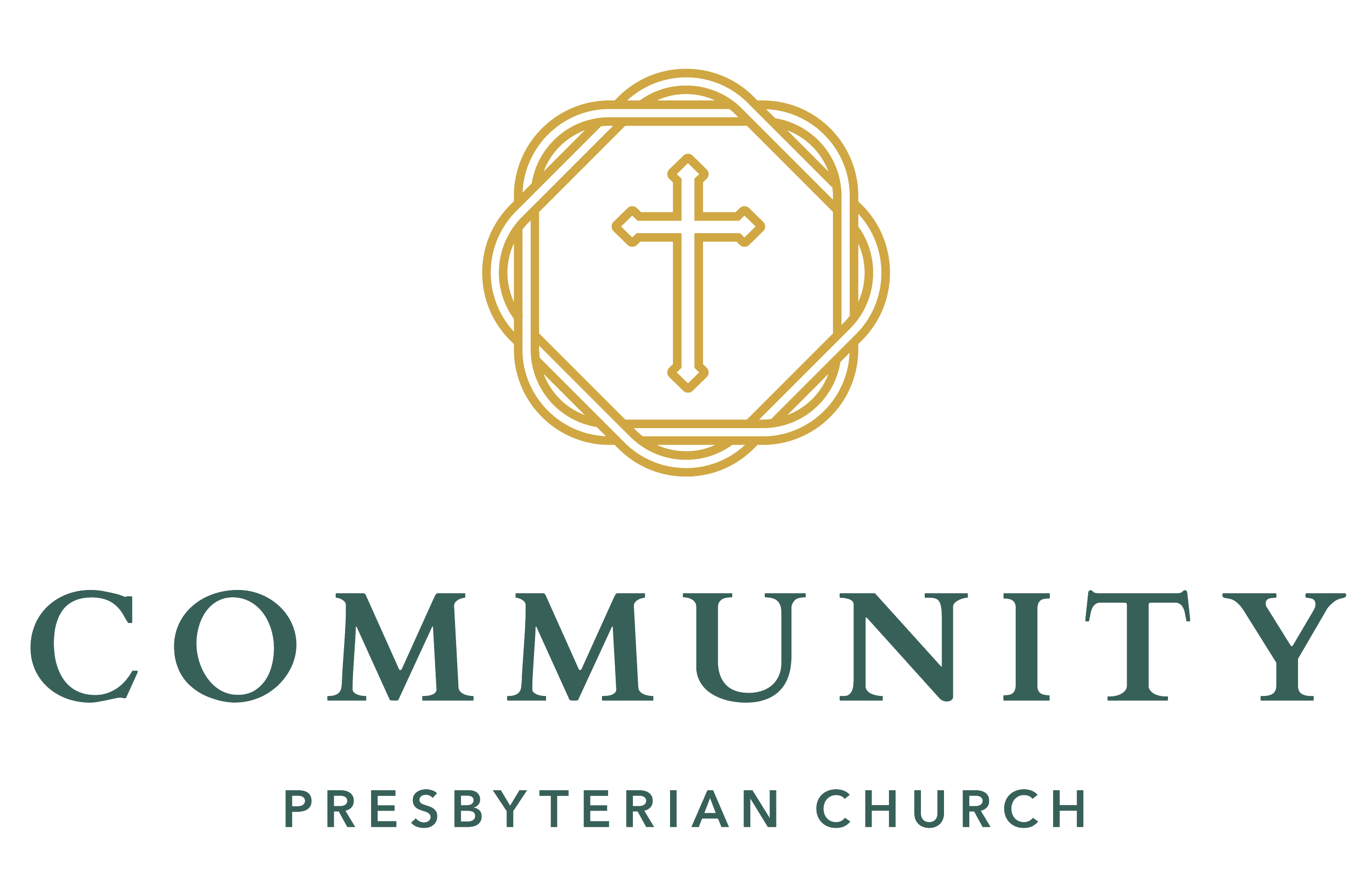God Loves the Sacrificial Giver
What does it mean to give sacrificially? To put it simply, it means giving above and beyond our normal means. It means to give in a way that, if we’re being honest, might hurt a little. Oftentimes when we think of giving to the church we think in terms of what our minimum requirement is. This shouldn’t be the way we approach the subject. We are not giving pocket change away to Salvation Army at Christmastime or buying a box of cookies from the Girl Scouts—things we often do simply to ease our own consciences. When it comes to giving to God, we should never try to limit ourselves or only give that which will help us sleep at night. Giving is an aspect of worship, it’s not something we can phone in. Worship takes rigor, commitment, and effort—and the same is true for our giving.
We have all cringed reading over bank statements and bills and pay stubs and tax forms. There never seems like there’s enough. And one of the first things to go is our contribution to the ministry of Christ’s church. Why? Just because it might be hard to give at certain points in our lives doesn’t mean we have the license to stop giving. In fact, it’s when we give through adversity and hardship that God is most especially pleased and we can expect to be most abundantly blessed (remember again the story of the widow and her two pennies).
Giving is not meant to be “easy.” Even if we have been blessed with a high paying job, we should still be striving to give above and beyond our means. I’m not trying to give foolish financial advice, here. Rather, I’m simply trying to express what the Bible teaches us about godly giving. Paul says this about the Christians in Macedonia: “For they gave according to their means, as I can testify, and beyond their means, of their own accord…see that you excel in this act of grace also” (2 Corinthians 8:3,7). Yes, we must use wisdom in paying the bills and making sure we have enough to eat. Don’t misunderstand me. But also don’t misunderstand God: if you put Him first, He will always provide for you.
If you’re thinking you would like to give in this kind of you, you need to just do it. By faith, you need to just plunge in to the way of giving sacrificially. Even if things are tight, we move forward because of the promises of God. As we strive to give in a way that hurts—in a way that’s sacrificial—one thing we can be sure of is that God is not going to leave us high and dry. Hebrews 13:5 teaches us to “keep your life free from love of money, and be content with what you have, for he has said, “I will never leave you nor forsake you.” Randy Alcorn says, “With 10,000 percent interest (Matthew 19:29), God can produce far greater returns on money invested in heaven today than Wall Street or real estate ever can.”
This sacrificial form of giving is meant to be applied not just to our financial contributions to the ministry, but to the way we live our lives as believers. We should always be seeking to expend ourselves for Christ’s sake. We are called to give up evenings to help others, even though it’d be much easier to relax at home. We are called to lose an evening because we volunteered to pick someone up at the airport. We sacrifice our time and energy by volunteering at the local shelter or outreach center. We are at all times, for the good of our neighbor, to say with Paul, “I will most gladly spend and be spent for your souls” (2 Corinthians 12:15).
After all, isn’t this what Jesus did for us? He did not give the bare minimum. He did not give for His benefit, otherwise He would have given a whole lot less. But He gave for our benefit, and in that respect He gave sacrificially. John makes the connection between Christ's sacrifice and our service. 1 John 3:16, “By this we know love, that he laid down his life for us, and we ought to lay down our lives for the brothers. But if anyone has the world’s goods and sees his brother in need, yet closes his heart against him, how does God’s love abide in him? Little children, let us not love in word or talk but in deed and in truth."
